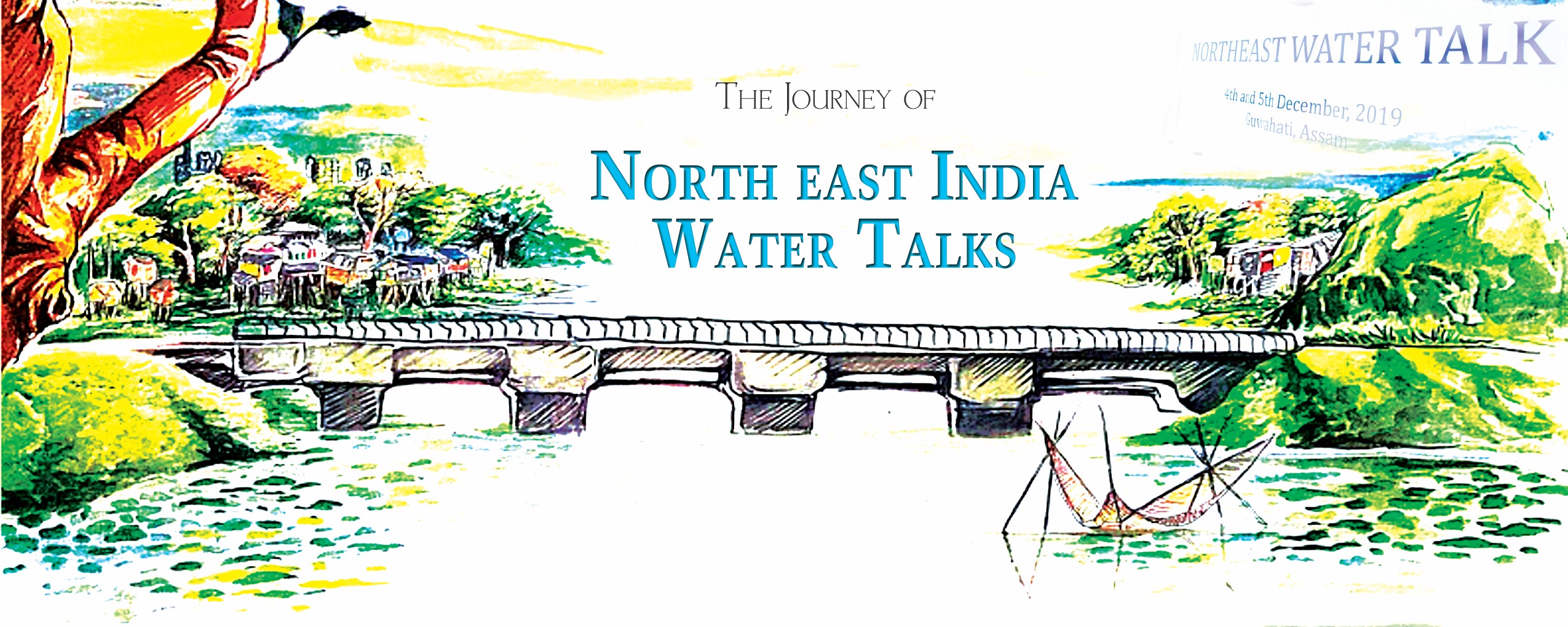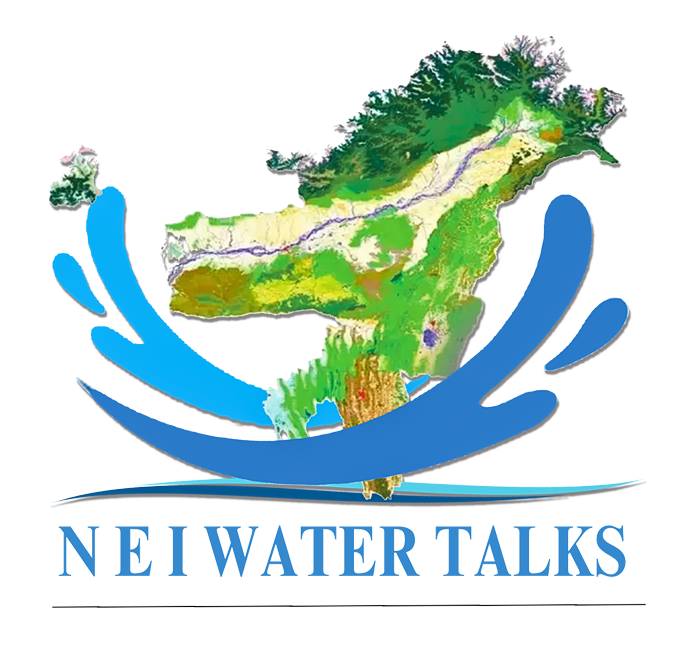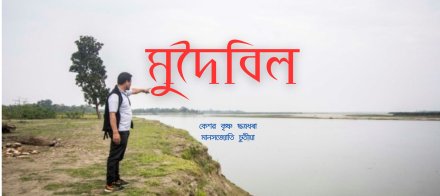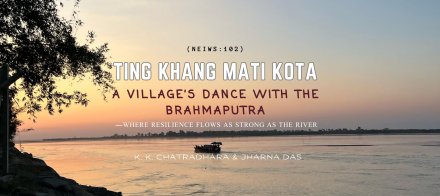About NE India Water Talks

The idea of Northeast India Water Talks (NEIWT) evolved through a series of conversation with lay people as well as those who work on water-related issues. These informal and spontaneous conversations, one on one, or in small groups, in different parts of the region, began in the course of attending workshops, seminars on water, and running campaigns on various water issues across the region in the past several years. It also reveals the level of public awareness and understanding of the domain of water and its relations with other elements of nature – air, soil, plants, forest, and ecosystems.
So, who talks of water?
Who owns it?
Who manages it?
And who decides how will water be used, and how much?
Generally, discussions on water-related issues such as, floods, droughts, irrigation, hydropower, river bank erosion, pollution, scarcity of drinking water, piped water supply, water conservation or construction of water conservation structures (check dams, spill over bridges), water transport, exploitation of ground water etc. –have been left to the water sector professionals and technical experts such as, academicians, researchers, scientists, government departments, research agencies and institutions. The current discourses on water resources and knowledge are completely regulated and controlled by ‘natural sciences and technology intermediaries’ for the purpose of so-called economic development. This becomes more evident in the water governance, planning, policy formulation, and decision-making process.

Pic: The first Water Talk: 2019, Guwahati
Involvement of civil society organisations and community leaders in these spaces has been very limited. The people’s voices are seldom heard and the community perspective on water issues, particularly the ownership, conservation and management of water is often ignored. The community is denied of participation, and its role is never recognized in the decision-making process.
It is in this context, the North East Inida Water Talks or NE India Water Talks, emerged as a unique platform for common people to participate in discussions on all the water-related issues which affect their lives. It also has provided an opportunity to engage with various stakeholders in the water sector.
In other words, this participatory process of ascertaining community’s views on various aspects of water, may serve two key purposes– one, providing the grassroots communities with an open platform to raise all kinds of water-related issues they consider important, in the absence of any institutional mechanism to seek the community view, and the other rationale is to offer an authentic collective perspective of the communities through this flexible and informal platform for conversation, debate and consensus building.



